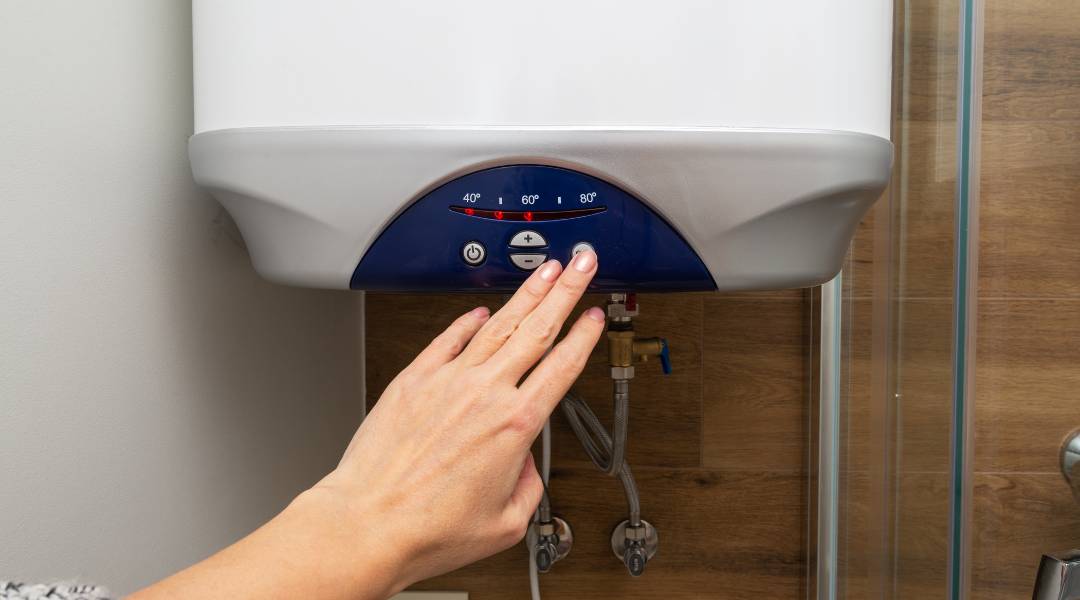Hearing noises from your water heater can be unsettling, signaling it’s time for a check-up or repair. These sounds often indicate sediment build-up, leading to inefficiency and potential damage. Before taking any steps, turn off the unit’s crucial—electric heaters at the circuit breaker and gas models to “pilot.” Also essential is shutting off its cold water supply.
If you’re unsure about tackling this task solo due to possible risks, reach out to a seasoned plumber. Professional assistance ensures safety and effectiveness throughout the maintenance process.
Recognizing Common Noise Types
When you notice your water heater making strange noises, it’s crucial to address these sounds quickly. They can range from a gentle hum to loud bangs. Odd noises often point towards sediment build-up at the tank’s bottom.
This happens when minerals in hard water accumulate over time, forming a layer that hinders heat transfer and causes overheating or popping sounds as water forces its way through. To tackle this, initially shut off your unit—for electric heaters via circuit breaker and gas models by setting the switch to ‘pilot’. Then halt incoming cold water with a 90-degree lever turn.
Draining the tank comes next; attach a hose, leading it outside or into an adequate drain area while venting pressure safely. Regular flushing like this minimizes sediment woes but doesn’t prevent them entirely. For lasting solutions against scale accumulation affecting heating efficiency—pivotal not just for noise reduction but also for extending appliance lifespan—installing no-salt conditioners proves effective, according to seasoned experts around Lawton, OK, in areas where such issues prevail.
Streamlining maintenance efforts avoids frequent repairs, yet sometimes, professional intervention becomes inevitable if basic draining fails. Water heater repair services then ensure precise troubleshooting and durable fixes, enhancing longevity and operational harmony.
When to Call a Professional
When you’ve tried easing the racket of your water heater to no avail, it might be time for professional backup. Those persistent loud noises aren’t just a nuisance; they signal that something’s off. Attempting DIY fixes without success should lead one to seek expert help rather than letting the issue escalate into serious damage or safety risks.
Active leaks from any part of your system demand immediate attention too. Ignoring them could lead to extensive property damage over time—far costlier and more troublesome than an expert evaluation and repair would have been initially. Experiencing fluctuating hot water temperatures across different faucets?
This inconsistency likely points toward internal problems, such as malfunctioning components that require precise diagnostic tools that only professionals possess. For those with gas-powered units, smelling gas or facing pilot light troubles signifies clear danger signs. Tinkering on your own poses significant risks, including potential explosions.
Electrical issues like frequent breaker tripping, buzzing sounds coming from the unit, shouldn’t be overlooked either. While resetting a tripped breaker is within most homeowners’ capabilities handling other electrical concerns isn’t advisable without specialized knowledge. Lastly, if there’s odd-colored water or strange smells when you turn on taps, this can indicate complex chemical imbalances inside the tank needing thorough inspection.
Simple maintenance tasks may prolong its life, but certain scenarios necessitate expertise beyond household tinkering.

